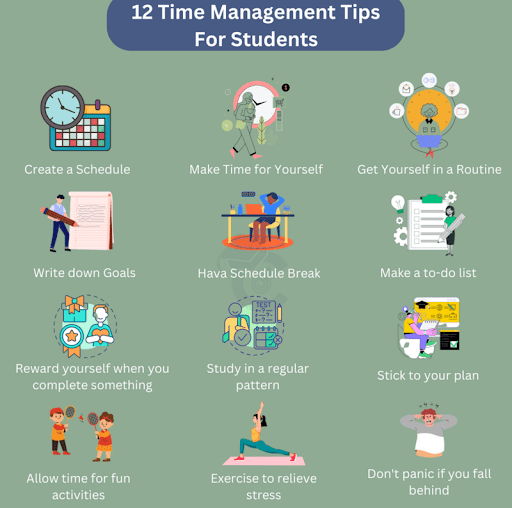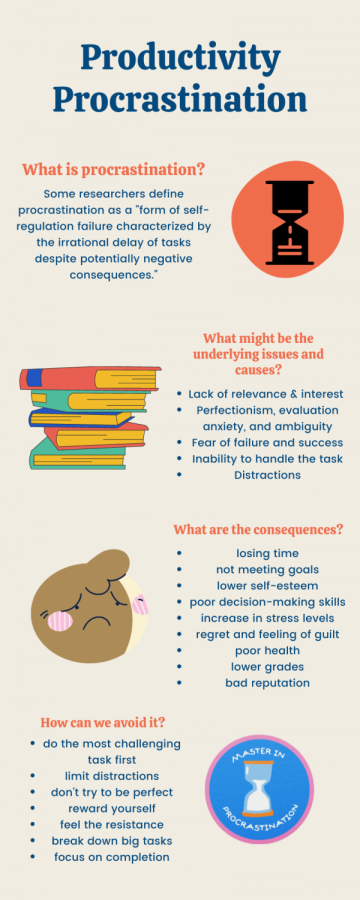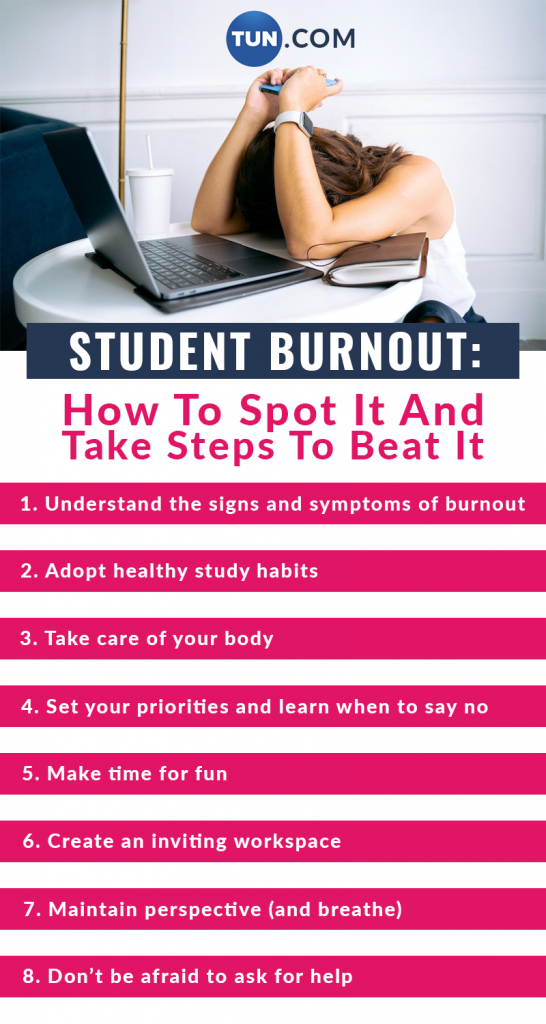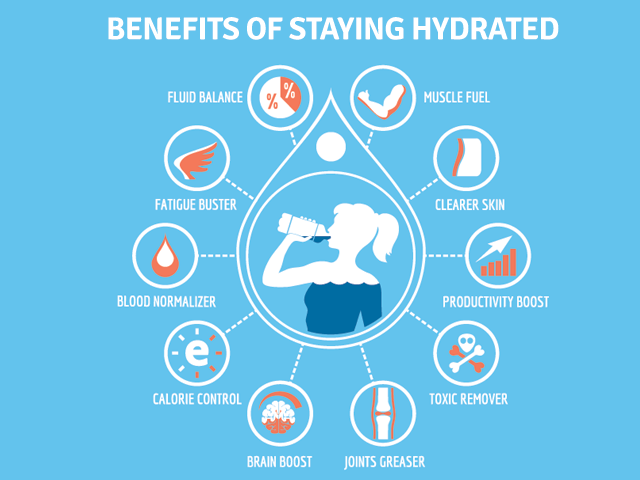
I missed three classes this week–not necessarily because I wanted to–but because I quite literally slept through them. (I may or may not have pulled an all-nighter…) Last week, I skipped two other classes, just because I wanted to go home early for the weekend. Point being, I’ve missed a lot of class lately, and I have really begun to think about the consequences. With a little research, I was able to prove my suspicions on the negative impacts of missing class. If you are like me, along with many other college students, you’ve missed a class or two, but it is important to keep in mind what negative effects this can have.
Before I list any of the negative effects, you might be interested in finding out just how much skipping one class is costing you. For in-state PSU students in 2019, skipping just one class cost anywhere from $95-$135 (depending on the day). This number more than doubles for out-of-state students, and that was five years ago. Besides wasting your money, there are a lot of downfalls to missing a lecture. Trying to make up the work can be difficult and frustrating. I had to ask four different people for notes on one of the lectures I missed this week, before I found someone who had actually been there for all of the content. This can result in some serious anxiety. It is also incredibly easy for skipping class to become a habit.

Once you skip one, you realize just how easy it is to rationalize skipping another. If you continue to miss class, especially in smaller classes, this can negatively affect your reputation with your professor. Forget about asking for an extension or a letter of recommendation later on. Most importantly, skipping class is directly correlated with having a lower grade. Even if the class does not have a participation grade, missing a lecture means missing important content that you may be tested on later.
Now that we’ve covered the negatives, what exactly are the benefits of attending a lecture. Being present in the discussion helps you to further your understanding of important topics and clarify any points of confusion right of way. Keeping up with the content can motivate you to continue to stay on track and actually devote time to studying, rather than just making up what you missed. Attending class also allows you to connect with peers. You can find an unexpected friend, or at least someone to bounce ideas off of when you are confused on something. Getting to know your classmates is also beneficial for the few times that you do have to miss. This way you’ll have someone readily available to pass on the notes and explain the content that you missed. So, the next time you consider skipping class (just this once), remember what it may be costing you.

















